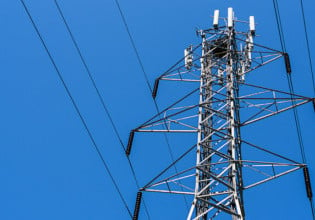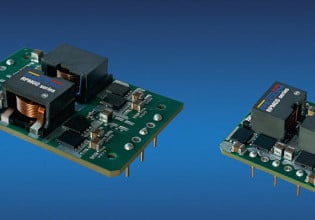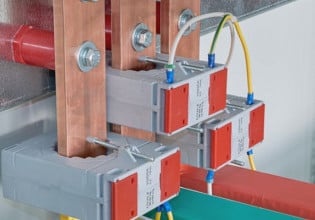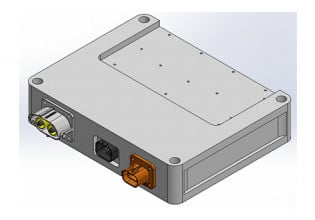Bosch Planning New Manufacturing Site for Solar Energy in Malaysia
The Bosch Group wants to further expand its photovoltaics business and is planning a new manufacturing site in the Batu Kawan region in Penang, Malaysia. With a planned investment of some 520 million euros, the construction project for the new manufacturing site is one of the biggest in the company’s history. "With this investment, Bosch is moving further along the path of internationalization it has already set for its photovoltaics business," said Franz Fehrenbach, chairman of the Bosch board of management, in Stuttgart. The new manufacturing site in Batu Kawan will mainly serve Asia’s solar energy market, which is growing strongly. In the coming years, the Asian market is set to see average annual growth of 30 percent. Components for manufacturing sites in other countries will also be produced at the new Malaysian site, said Fehrenbach.
Construction of the new site is set to begin before the end of this year. "The planned facility will cover the entire value-added chain, from silicon crystals – known as ingots – and solar cells to the modules which can be installed on roofs or in solar power plants," said Holger von Hebel, chairman of Bosch Solar Energy AG. Start of production is planned for the end of 2013. Construction is expected to be completed the following year. By then, some 2000 associates will be working at the new site in Penang, producing solar power plants with a total output of 640 megawatts peak each year. The module production lines will reach an annual capacity of 150 megawatts peak. The megawatt peak (MWp) unit is commonly used in the solar energy industry to indicate the power rating, and thus the best possible output, of a solar cell. In practice, current efficiency depends strongly on where in the world the cell is in use. While the annual cell production of the new manufacturing site in Malaysia would cover the energy needs of 165,000 households in central Europe, the number of households covered in Malaysia would be almost twice as high, at up to 300,000.
In spring of 2011, the company decided to build another manufacturing facility for modules in Vénissieux, France, with the aim of better serving the French and southern European markets. "By further internationalizing Bosch Solar Energy, we aim to further boost its development," said von Hebel. This year, the company already expects its sales to exceed one billion euros. The decision to build a new site in Asia reflects general developments in the global market for photovoltaics. By 2020, total installed output in the region is expected to reach some 130 gigawatts peak. This would be enough to meet the energy needs of 200 million people in Europe. There are currently five gigawatts installed.
In Germany, which is currently Bosch Solar Energy AG’s main market, total newly installed output is expected to remain constant at around 3.5 gigawatts per year. "This is assuming that the political framework is reliable, that companies and customers have the planning security they need, and that the demand situation stabilizes once again," said von Hebel. With an investment of more than 500 million euros in its manufacturing facility in Arnstadt, Thuringia, Bosch has more than tripled production capacity. In addition, a new research and development center is set to open at the site in the coming month, as well as a new headquarters and training center. By 2012, more than 1000 new jobs will be created. At the Arnstadt competence center, the next product generation and manufacturing processes are going to be developed. "The Arnstadt site will serve markets in Europe." From Penang, we will serve the southeast Asian market, where we also see excellent opportunities for growth. The two major Bosch Solar Energy investments in Germany and Malaysia complement each other and help secure the future of our photovoltaics business," said Fehrenbach.
The solar industry refers to the part of the world Malaysia is located in as the sun belt, as the level of solar radiation in countries located between the 35th parallels of the northern and southern hemispheres is twice as high as in Germany. Market growth is expected to be particularly strong in this region. Moreover, Malaysia offers a qualified workforce in the fields of electronics and semiconductors as well as a good local infrastructure. The country’s reliable power supply is also decisive, particularly since this is indispensable for the challenging and sensitive production processes in the field of photovoltaics.
Bosch has been present in Malaysia since 1923. The company is already quite familiar with the favorable conditions offered in Penang. With a workforce of 1,100 associates, Bosch Power Tools manufactures cordless drill/drivers, drills and measuring instruments there. Moreover, with 600 associates, the Car Multimedia division manufactures car radios and navigation devices in Malaysia. In 2010, Bosch generated sales of 130 million euros in Malaysia, and counted 2,300 associates in the country.
More news and information regarding the latest developments in Smart Grid electronics can be found at Darnell’s SmartGridElectronics.Net.






